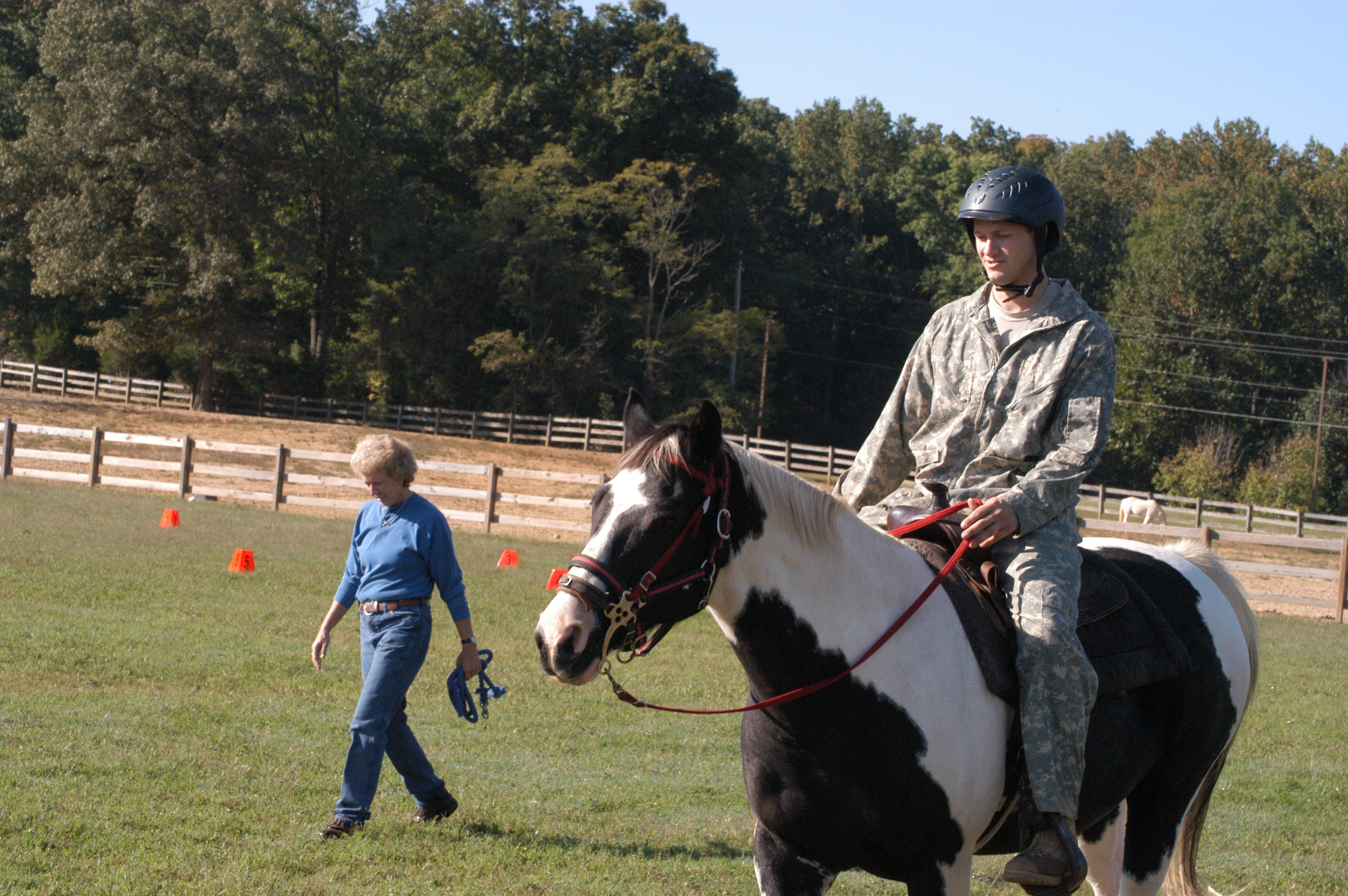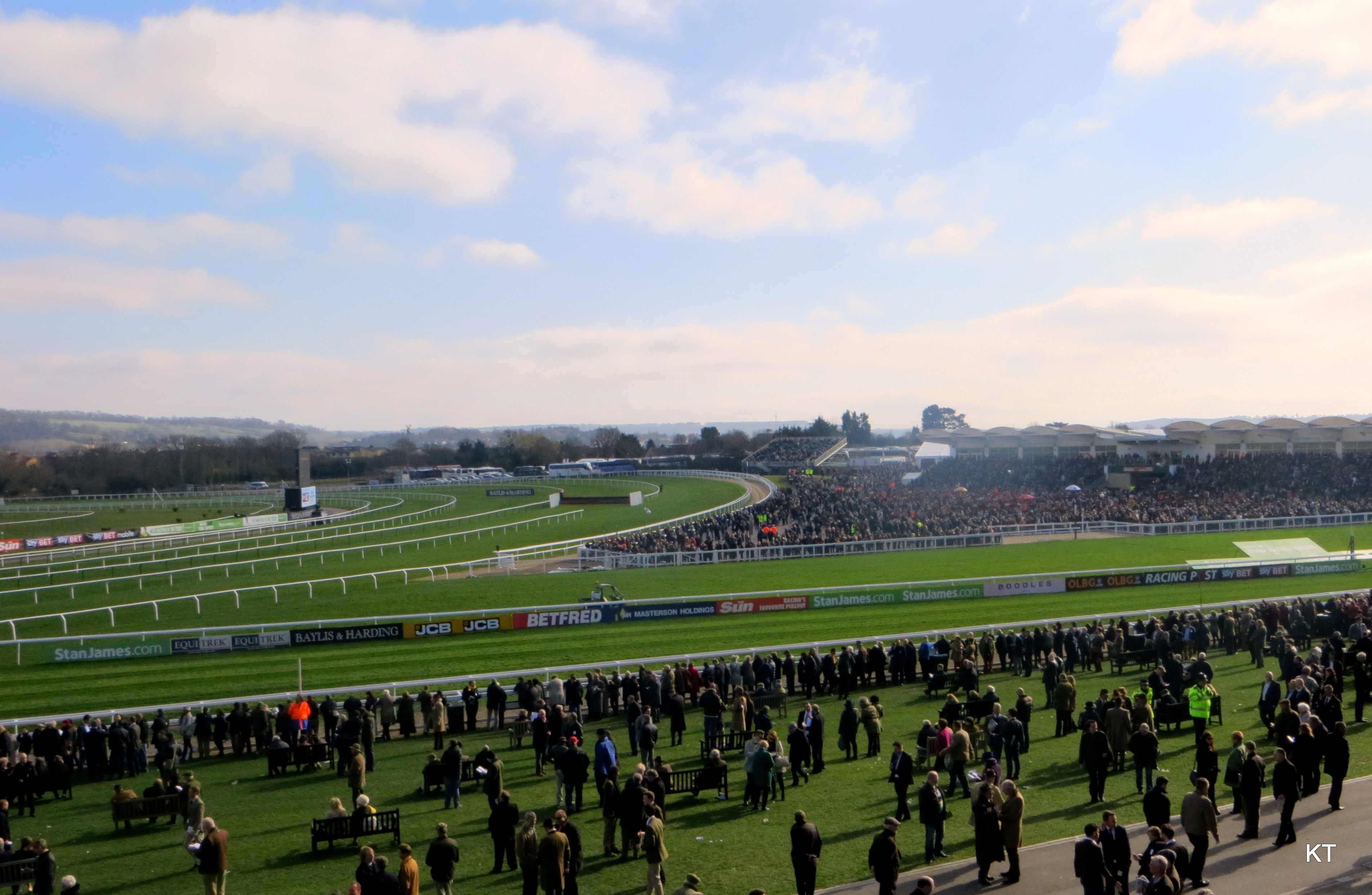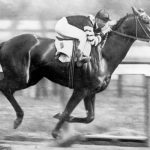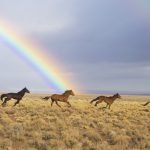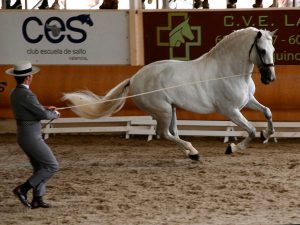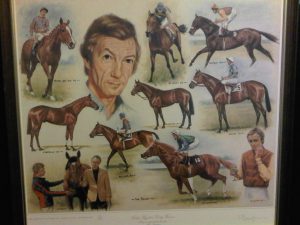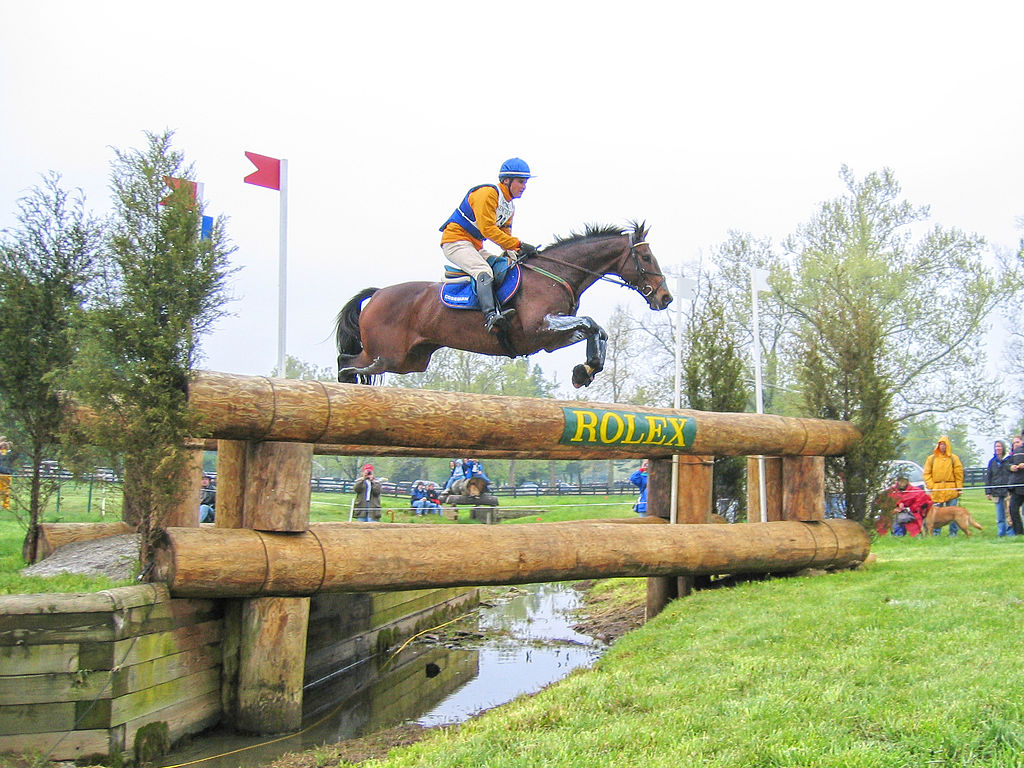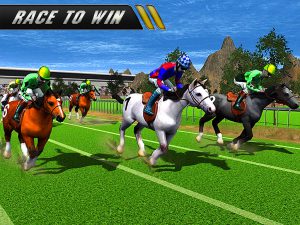Horse racing, steeped in tradition, is one of the oldest and most celebrated sports in the world. Its history can be traced back thousands of years, and over time it has evolved into a huge industry enjoyed by millions of fans globally, especially devoted bettors, who can now easily download an app like BetMGM Horse Racing for betting, or find a guide with reviews online. But how did this captivating sport come to be? Let’s take a journey through the history of horse racing, exploring its origins, development, and the cultural significance it holds today.
Origins of Horse Racing
Horse racing has its origins in ancient civilizations, with evidence pointing to its beginnings around 4500 BC in Central Asia, where horses were initially domesticated. Some of the earliest documented races occurred in ancient Greece and Rome, where chariot racing gained significant popularity. These early competitions were often linked to religious festivals and celebrations, underscoring the important role horses played in different cultures.
In ancient Greece, horse racing was a prominent event in the Olympic Games, which began in 776 BC. The Greeks valued speed and agility in their horses, and this reverence for the animal laid the groundwork for future racing traditions. Similarly, the Romans hosted their own chariot races in circuses, drawing large crowds and showcasing the power of their horses.
Development Through the Ages
As horse racing spread across different regions, it began to take on various forms and styles. By the Middle Ages, racing had become popular across Europe, particularly in England. The establishment of formal races occurred in the 16th and 17th centuries when wealthy aristocrats organized contests to showcase their prized steeds. This period saw the creation of the first racecourses, with the first official recorded race taking place in 1174 at a site known as Smithfield in London.
The emergence of thoroughbred breeding in the 17th century marked a significant turning point in horse racing history. The introduction of Arabian bloodlines into British horses led to the development of the Thoroughbred breed, known for its speed and stamina. The establishment of the Jockey Club in 1750 further solidified racing as a regulated sport, introducing rules and standards that would govern the industry.
The Rise of Modern Horse Racing
The 19th century witnessed horse racing’s transformation into a popular spectator sport. The establishment of iconic events, such as the Epsom Derby in England (first run in 1780) and the Kentucky Derby in the United States (first run in 1875), brought horse racing to the forefront of popular culture. These events drew massive crowds, and betting on races became a common practice, enhancing the thrill of competition.
During this time, the sport also expanded into the realm of entertainment, with tracks and betting establishments catering to a growing audience. The invention of the telegraph and later, radio, allowed fans to follow races in real-time, further increasing the sport’s popularity.
Cultural Significance and Contemporary Racing
Horse racing has maintained its status as a beloved sport, often referred to as “the sport of kings.” It has become an integral part of various cultures around the world, with prestigious events celebrated in countries such as the UK, the US, Australia, and Japan. The fashion and social gatherings associated with horse racing events, such as the Royal Ascot and the Kentucky Derby, have contributed to its allure and cultural significance.
Today, horse racing encompasses a wide range of formats, including flat racing, jump racing, and harness racing. The industry has also embraced modern technology, with online betting and live streaming making it accessible to a broader audience. The use of data analytics and performance metrics has revolutionized how fans engage with the sport, allowing for deeper insights and strategies when placing bets.
Horse racing is a sport rich in history and tradition, with origins that span thousands of years. From its early beginnings in ancient civilizations to its evolution into a global phenomenon, horse racing has captivated audiences and created a unique cultural landscape. As the sport continues to develop and adapt to modern times, it remains a testament to the enduring bond between humans and horses, showcasing their speed, beauty, and grace. Whether as a spectator or a participant, the excitement of horse racing is sure to endure for generations to come.



